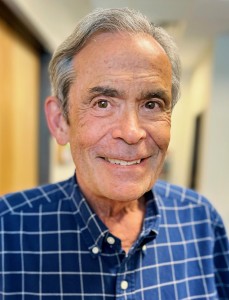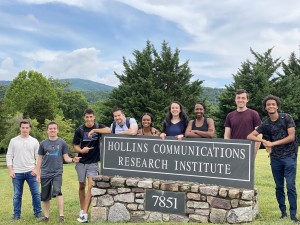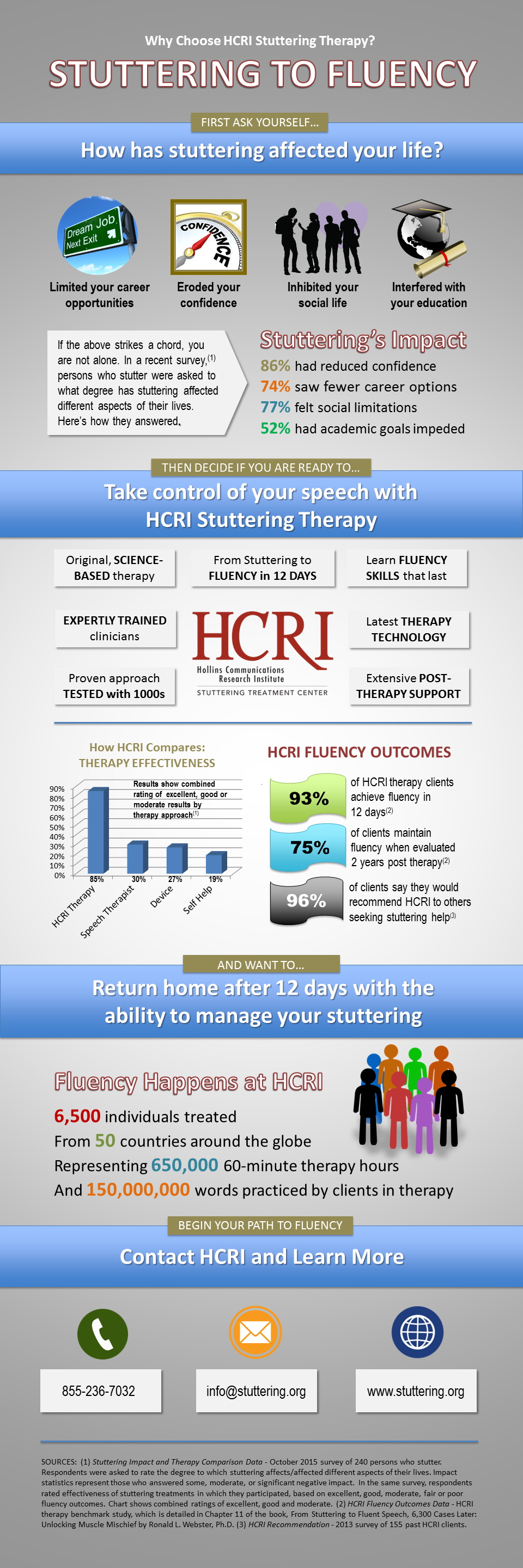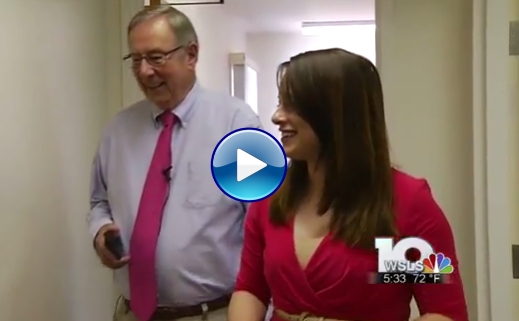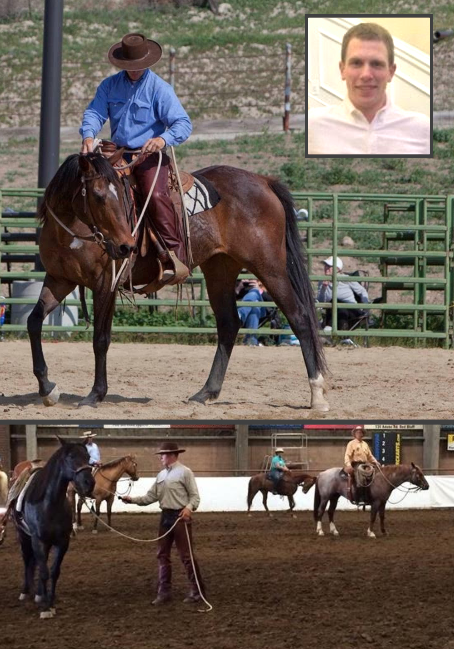At Hollins Communications Research Institute (HCRI), we receive calls everyday from persons who stutter – and want to attend our 12-day therapy program. They know the transforming impact fluency can have on their lives. Yet, many have financial challenges that hold them back from attending therapy. That’s why we started the HCRI Therapy Scholarship Fund a number of years ago.
The scholarship fund is fully supported by past HCRI participants and friends who understand how fluency can change an individual’s trajectory in life.
By participating in HCRI therapy, persons who stutter learn lifelong skills to control stuttering and speak fluently in all types of situations. And through fluency, individuals gain greater self-esteem, more career opportunities, and enhanced social wellness. As an example, we recently received the following feedback from two of our therapy scholarship recipients.
 I. U. from Maryland had this to say…
I. U. from Maryland had this to say…
“I recently attended HCRI’s 12-day stuttering therapy. It was the first time I received treatment for my stuttering. The scholarship I received made it all possible.
Ten years ago, as a pharmacy student, my school recommended I receive treatment for my stuttering to enable me to work efficiently as a pharmacist. Yet, I could not afford the cost and could not attend even though it was a much-needed therapy. Fortunately, the HCRI scholarship I received made it possible to receive treatment.
Although correcting my speech impediment will be a lifelong process, my speech has improved tremendously since the therapy. At HCRI, I learned skills to help ease my speech when I experience blocks and hesitation. During treatment, I learned much about the mechanism of stuttering and the skills to improve my speech.
Now that I have the skills to help with my stuttering, my confidence and self-esteem have improved. The benefit of speaking with less stuttering is not just to improve my self-esteem and confidence; still, it has helped me improve communication with anyone who happens to talk to me, including my patients, colleagues, friends, family, and acquaintances.
This scholarship and the financial assistance it represents mean the world to me, and I want you to know how grateful and appreciative I am to receive it.”
Here’s what “M. O.” from Ohio shared…
“Our son is so grateful for the therapy he received at HCRI. Receiving the scholarship funds was a huge blessing to our large family – and proof that HCRI really cares about their students and wants to do anything they can to help.
We trust the fluency skills he acquired during therapy are a lifelong benefit to him. We are so thankful for this organization that sees stuttering as a debilitating condition and provides real solutions. The staff and clinicians were so friendly, very professional, and catered specifically to stuttering.
We went through many therapies with him, but now we are seeing profound changes in his speech. Our prayer is that many others will be able to find this program and have life changing effects. God bless each one for all their help.”
HCRI Therapy Scholarship Fund – Flexible Giving Options
If you can relate to the importance of receiving life-changing stuttering therapy and want to help individuals with financial need, please consider making a donation to the scholarship fund.
 You may click on the button to the right to make your donation or choose one of the following giving options.
You may click on the button to the right to make your donation or choose one of the following giving options.
- Give online on HCRI’s Website – stuttering.org.
- Mail a check to HCRI at 7851 Enon Drive, Roanoke, VA 24019.
- Call (540) 265-5650 and giving over the phone with a credit card.
100% of your scholarship gift will be used to award scholarships to deserving individuals.
Also, if your financial situation allows, please consider a Named Scholarship, which is detailed below.
How Named Scholarships Work
HCRI supporters who pledge and make an annual scholarship gift of $10,000 or more for five years will have a scholarship named on their behalf — or in recognition of a friend or loved one. Those who give an endowed scholarship of $100,000 or more will be honored with a perpetually named scholarship. Please contact Linda Booth at (540) 265-5650 for more details.
Gifts of all sizes are welcomed and appreciated. Each dollar you give makes a difference. Donations are tax deductible.
About Stuttering
Approximately 66 million people worldwide suffer from the effects of stuttering, with three million in the U.S, according to NIDCD. The condition is characterized by repeated or prolonged sounds, syllables, blocks and words that disrupt speech. Stuttering can impair social growth, educational attainment, and career potential.
About HCRI
HCRI was founded by Ronald L Webster, Ph.D. in 1972 to investigate stuttering through scientific discovery and treatment innovation. Virginia-based HCRI, a 501(c)(3) charitable organization, has become a leader in stuttering research and the development of innovative, scientifically derived therapy approaches.
Clinicians at HCRI have treated more than 7,000 individuals who stutter. Clients come from all walks of life and include broadcasters, teachers, engineers, musicians, students, doctors, military personnel, business professionals, police officers, actors, a supreme court nominee, and even royalty.
HCRI is located at 7851 Enon Drive, Roanoke, Va. 24019. For more information, visit www.stuttering.org or contact HCRI at (540) 265-5650 or info@stuttering.org.


.jpg)
